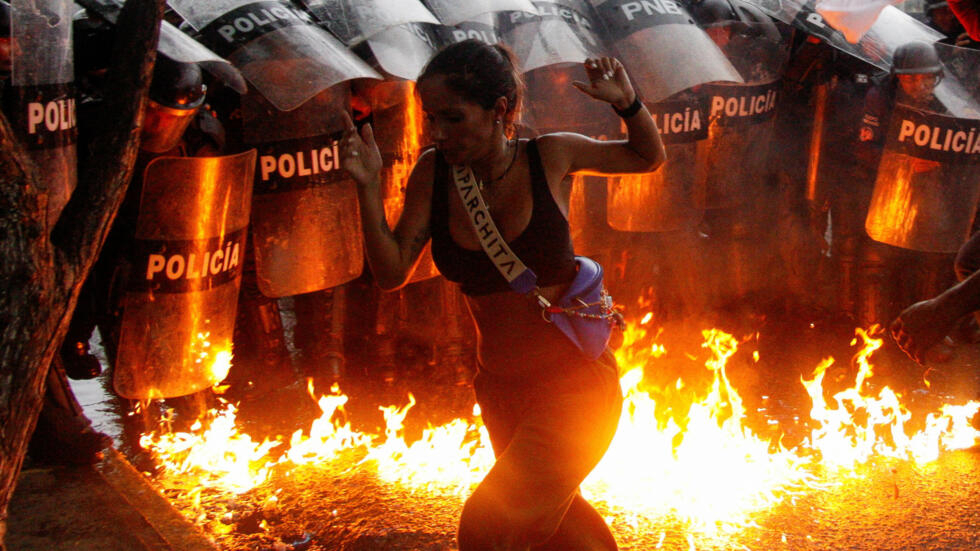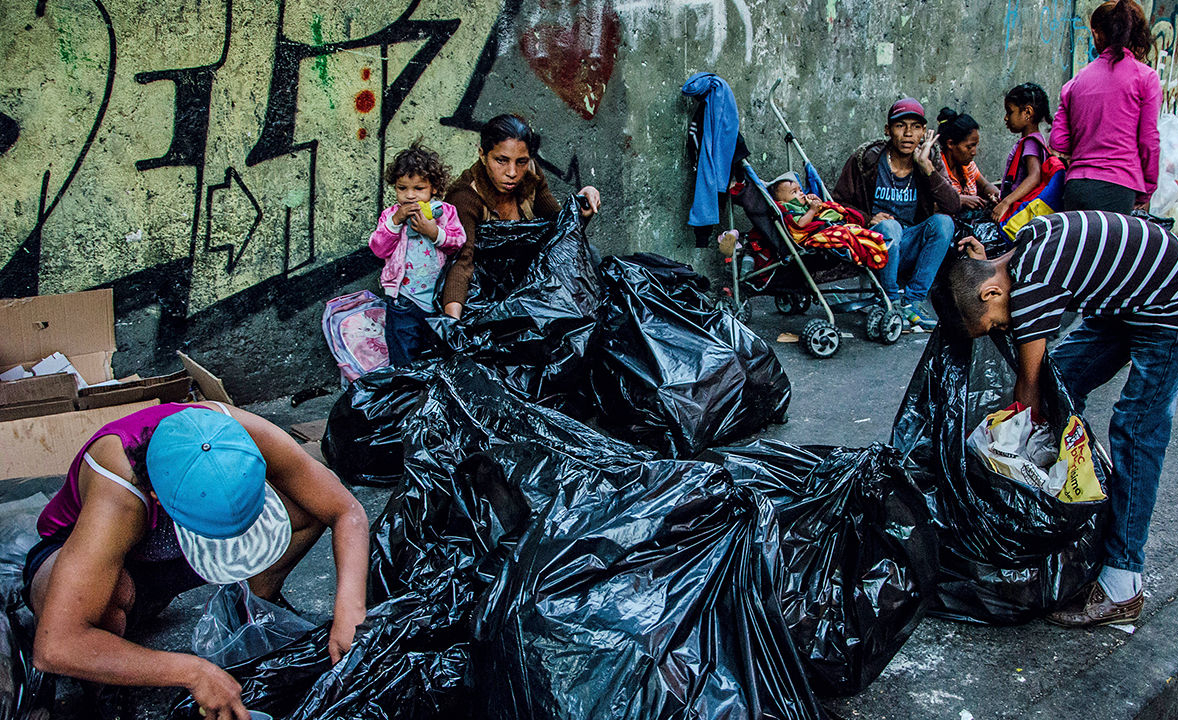On July 29, protests erupted across multiple cities in Venezuela following Nicolás Maduro's declaration of victory in a contentious presidential election. Opposition leaders Maria Corina Machado and Edmundo Gonzalez rejected the results, alleging widespread fraud, and presented evidence suggesting Gonzalez had won. They called for nationwide demonstrations, quickly igniting significant civil unrest.
In Caracas, the capital, security forces used tear gas to disperse large crowds of protesters. PROVEA, a Venezuelan human rights group, reported that pro-Maduro armed groups fired at peaceful demonstrators. Five statues of Nicolás Maduro and Hugo Chávez were toppled, underscoring the depth of anger felt by the Venezuelan people toward Chavismo, the left-wing populist ideology named after Chávez.
While previous demonstrations against Chavismo have been forcefully suppressed by the military, this time many security forces removed their uniforms and joined the crowds, signaling a potential shift in the political landscape.
 Credit: Brittanica - Nicolás Maduro
Credit: Brittanica - Nicolás Maduro
Maduro addressed the nation, claiming that his government was prepared to confront and defeat the "violent" protesters, whom he labeled as criminals driven by a U.S.-hatched plan.
Many in the international community, including the United States and several Latin American countries, have expressed skepticism about the election's legitimacy. The U.S. has demanded the immediate release of detailed election data, with potential consequences including renewed sanctions if the results are deemed fraudulent. Under Joe Biden, the U.S. eased Trump-era sanctions on Venezuelan oil in exchange for free and fair elections.
 Credit: Newsweek - Map of Countries Recognizing Maduro's Victory
Credit: Newsweek - Map of Countries Recognizing Maduro's Victory
The following countries have officially recognized Maduro's victory: China, Russia, Iran, North Korea, Syria, Honduras, Nicaragua, Cuba, and Bolivia.
The National Electoral Council (CNE), heavily influenced by Maduro's allies, formally declared him the winner on Monday, though final vote counts from Sunday’s election remain undisclosed. CNE president Elvis Amoroso boasted of Venezuela's "best electoral system in the world" despite numerous irregularities reported by the opposition, including restricted access for opposition witnesses during vote counting and allegations of previous vote-rigging by the government.
 Credit: UPI - Venezuelan Protestors
Credit: UPI - Venezuelan Protestors
The election outcome holds significant implications for Venezuela's future, with millions emigrating amid severe economic challenges. Maduro's continued presidency would extend the Chavismo legacy, characterized by nationalization and oil wealth redistribution. However, his tenure has seen Venezuela undergo a severe economic collapse, which Maduro attributes to foreign sanctions and an "economic war."
The political turmoil in Venezuela, fueled by accusations of electoral fraud and widespread protests, highlights the deep divisions within the country and the significant challenges ahead. As the international community watches closely, the future of Venezuela remains uncertain. The actions of both the government and the opposition in the coming days will be crucial in determining whether the country can move towards a more democratic and stable future or if it will continue to be mired in conflict and economic hardship. The response from global leaders and organizations will also play a critical role in shaping the outcome of this crisis.


